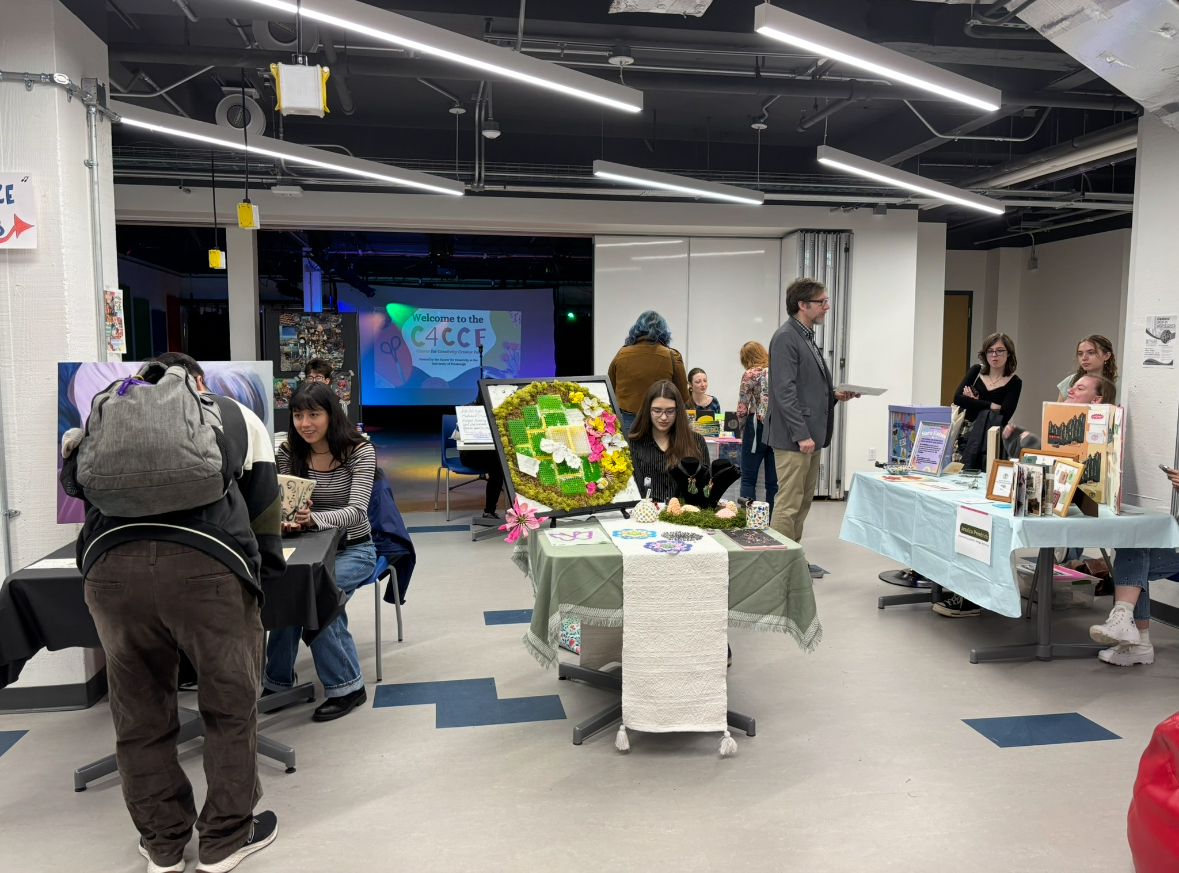Foster remembered for music
January 18, 2006
“Oh! Susanna,” “Camptown Races” and “My Old Kentucky Home” are all folksongs that have become… “Oh! Susanna,” “Camptown Races” and “My Old Kentucky Home” are all folksongs that have become part of American culture. We learned them in elementary school and continue to hear them in commercials, cartoons and often find them running through our heads.
However, many people do not know all of those songs were written by the same man, Pittsburgh native Stephen Collins Foster.
Pitt commemorated his life with a special service at the Stephen Foster Memorial Theater Friday.
“We are here to celebrate the life, the music and the wonderful world we have inherited from Stephen Foster,” said Deane L. Root, director of Pitt’s Center for American Music.
The ceremony honored “America’s first songwriter” with speeches from Root and Mariana Whitmer, as well as performances by Pittsburgh artist Joe Negri, Carnegie Mellon vocal lecturer Thomas Douglas and the Stephen Foster Chorus, a student group from Stephen Collins Foster School in Mt. Lebanon.
“It’s very important for us always to involve the schoolchildren,” Root said. “That’s the way I learned the music.”
Stephen Foster Day is Jan. 13. This year’s Stephen Foster Day was the 142nd anniversary of Foster’s death.
According to the Web site for Pitt’s Center for American Music, Foster was born in Lawrenceville, Pa., on July 4, 1826. He devoted his life to writing songs and sending them off to publishers.
The only money he earned was from 5 percent to 10 percent royalties he got on sheet music. The total known royalties on his songs amounted to $19,290. Today they would be worth millions.
The Stephen Foster Memorial Theater houses The Stephen Foster Museum, a collection of Foster memorabilia including original sheet music. The museum is open weekdays from 9 a.m. to 4 p.m.
“His music is so traditionally and basically American,” Root said.
Whitman added, “These songs teach us about his lifetime and perhaps how to better understand and cope with ours.”


